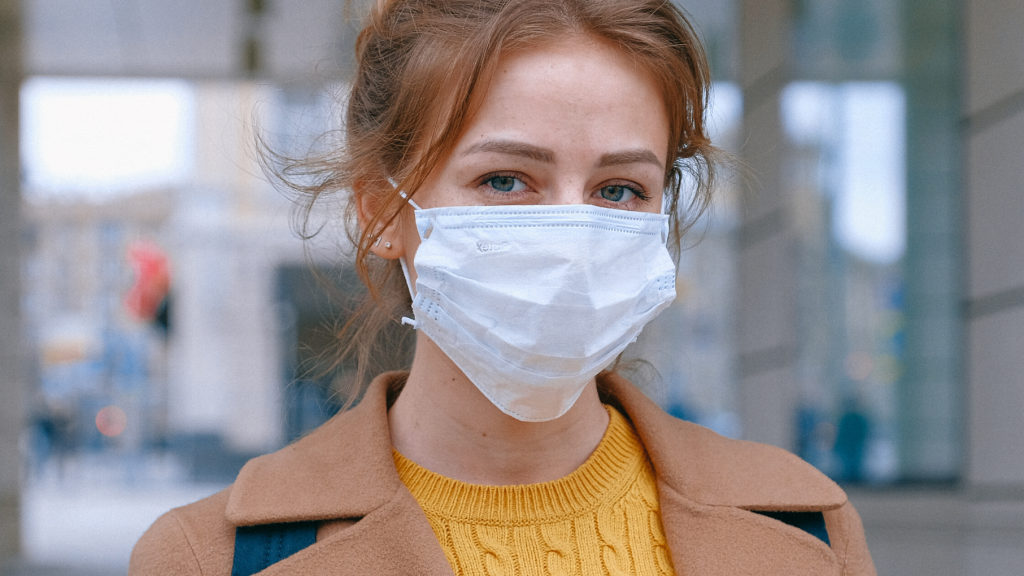Coronavirus and cancer: Helpful information as restrictions ease

Easing of Covid-19 restrictions
While the lifting of COVID-19 restrictions was a monumental day for many, for some, the relaxation of public health protection measures is also associated with significant concerns. For many of us, the “opening up” brings up complex emotions and concerns but there are also broadly two groups of people affected by cancer who are particularly impacted by the relaxation of measures.
- Some undergoing active cancer treatments, e.g. taking certain kinds of treatment which suppress their immune system. People in this group are simultaneously much more sensitive to the worst consequences of infection and also least likely to benefit from the protection of vaccination.
- People with active follow up, treatments or diagnostic appointments. Hospitals still need to reduce the chances of COVID coming into wards and clinics so they continue to screen potential attendees, and having any symptoms or being a close contact can result in cancelled appointments which may take some time to reschedule
If you are have concerns about any aspect of the easing of COVID-19 measures, there is support and people to talk to. You can:
- Speak with a cancer nurse on the Support Line 1800 200 700, Monday to Friday 9-5pm as well as anytime through email, social media and through our online community.
- Book a video call with a cancer nurse to have a chat face to face here
- Contact or visit one of the 13 Daffodil Centre’s around the country - details here
How can people affected by cancer reduce the impacts of COVID on their lives and help to keep themselves safe?
Here are a number of things that you can do to help you keep safe with the easing of restrictions.
- Get the COVID-19 vaccine and your booster dose of the vaccine.
- Wear a respirator facemask (these are called FFP2 or N95 masks)when in enclosed public areas, such as shops, shopping centres or on public transport.
- Do not meet with anyone who has symptoms of COVID-19.
- Continue to wash your hands properly and regularly.
- Maintain a social distance from people you do not live with as much as possible
- Meet people outdoors if possible.
- Try to avoid crowded places where you cannot social distance.
- If you have appointments coming up, consider if there are ways that you can ensure you are not exposed to any risk of COVID for one week before the appointment
- If you or anyone has symptoms of COVID-19, it is important to self-isolate and get tested for COVID-19. This link provides information about which test is suitable for you depending on your age and situation.
